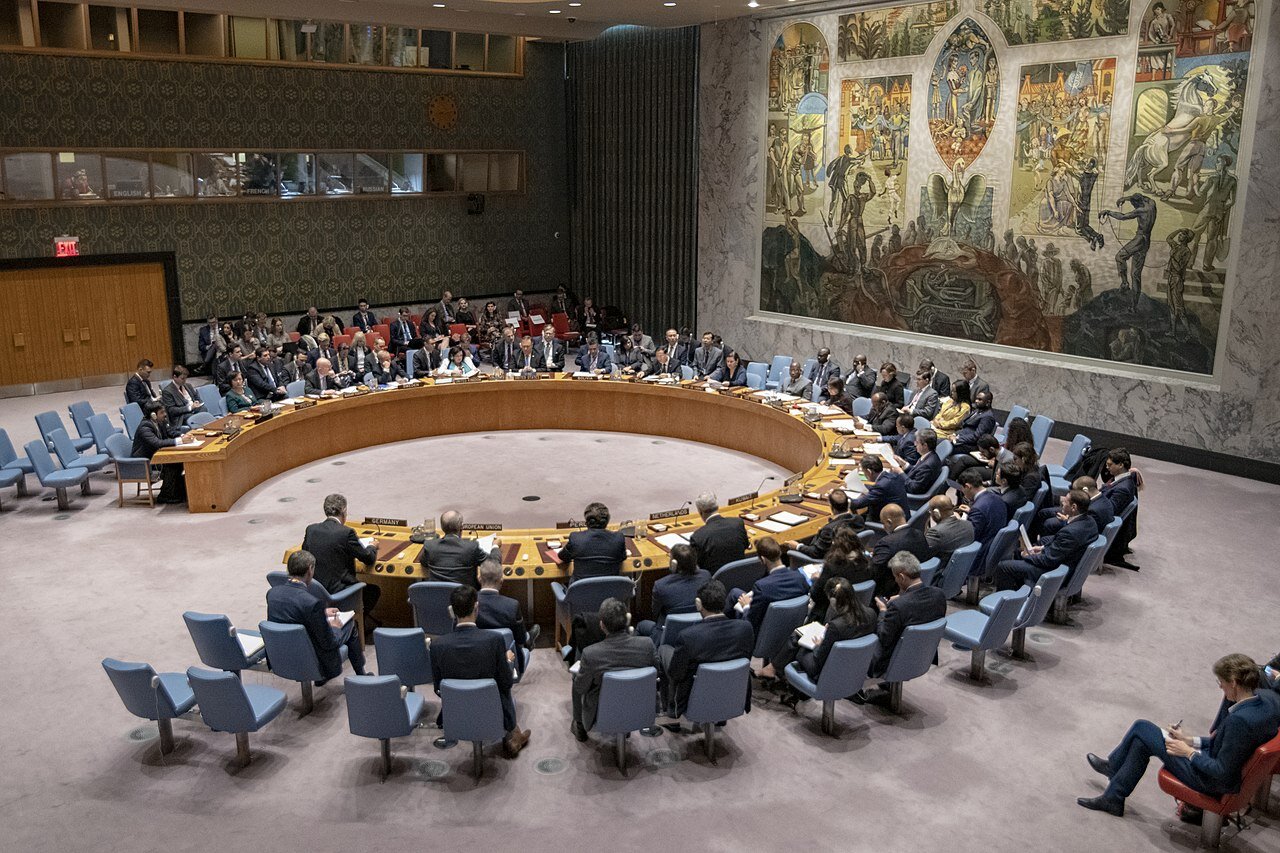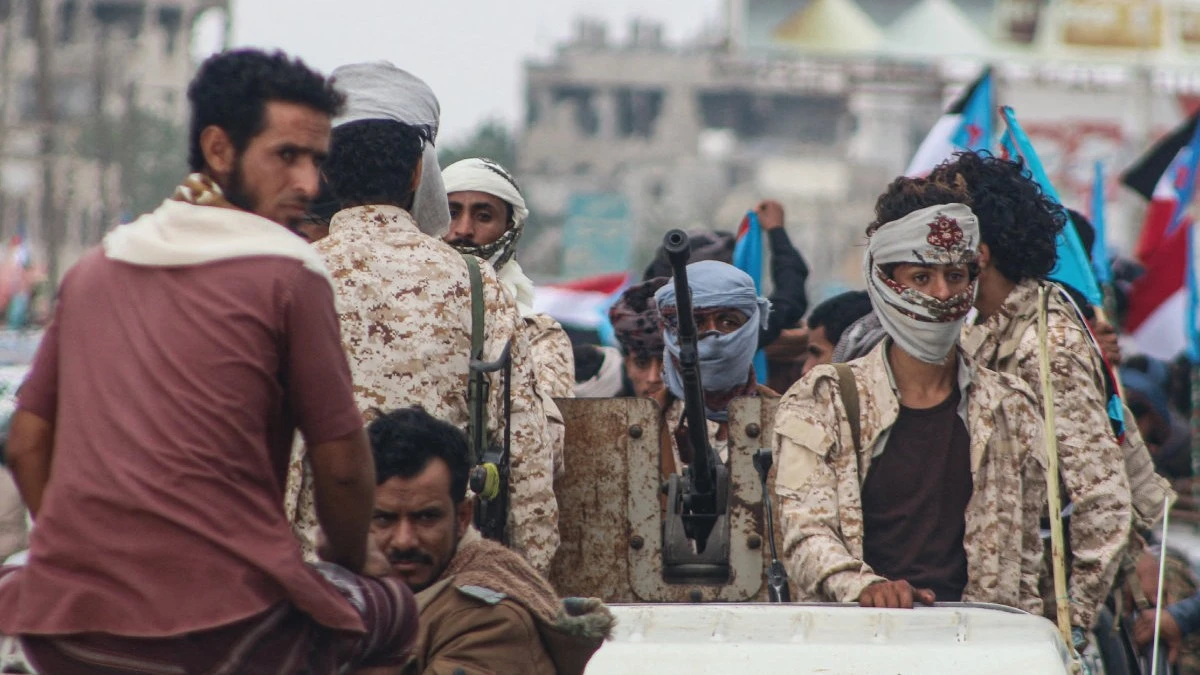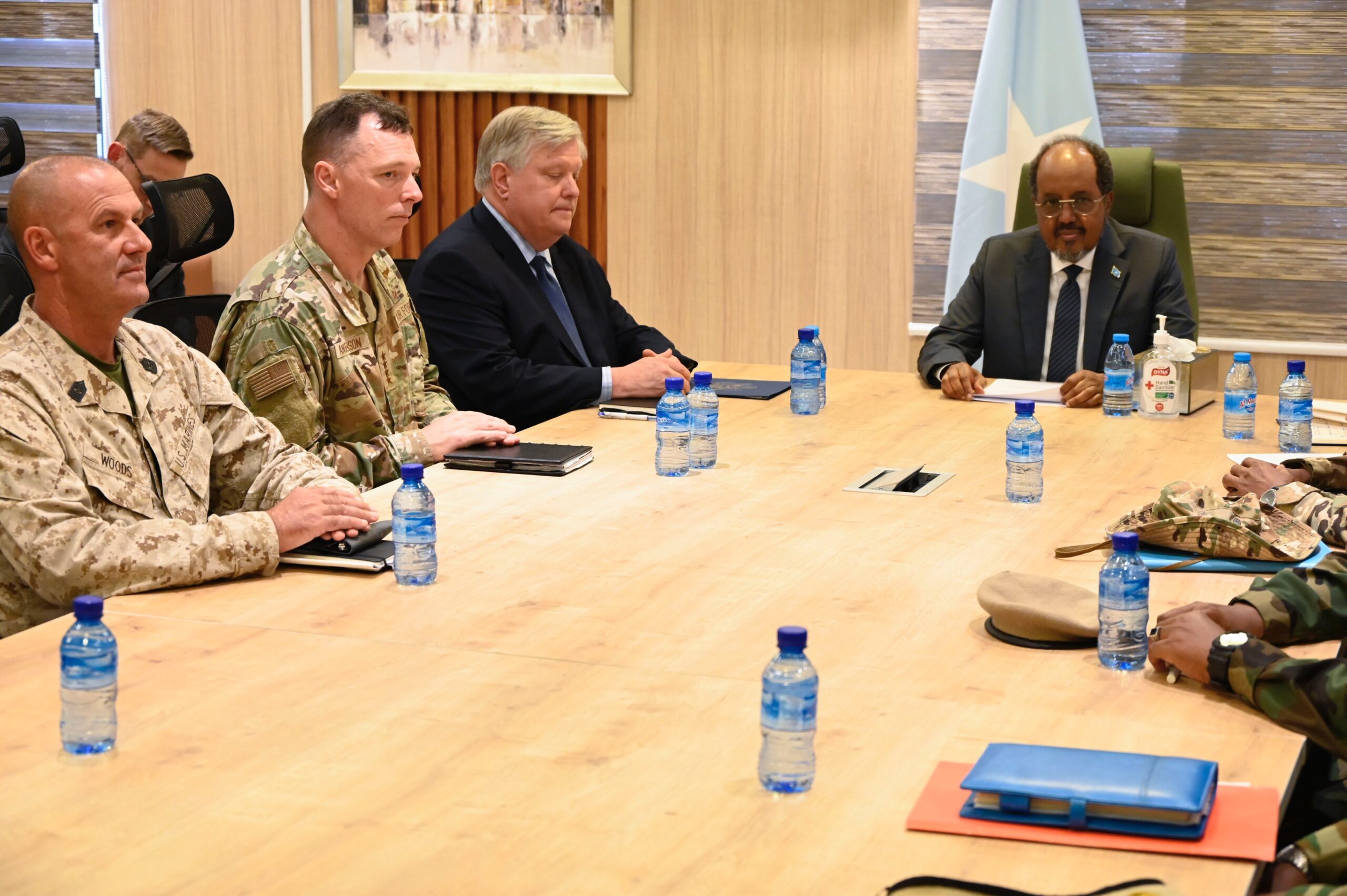France, the UK, and Germany, a group referring to itself as the E3, have reimposed United Nations economic sanctions on Iran, claiming the recently-attacked nation had violated the 2015 agreement on nuclear enrichment signed with the E3 and US.
The so-called snapback mechanism was activated on Friday following a dialogue with the E3, and immediately reimposed sanctions that were lifted under the 2015 agreement for the next 30 days unless Iran repositions its nuclear policy to fit within the boundaries of the agreement.
The US under President Trump unilaterally exited the agreement, known as the JCPOA, in 2018. Crafted and negotiated by many of the officials that would later come to staff Joe Biden’s Administration, the democrat returnee failed to take the opportunity to return to the treaty.
Now, following the 12 days of bombing launched by Israel under the cover of bad faith talks by the US with Tehran, Iranian officials have described the E3 demands of returning to negotiations with the US and immediate access to nuclear sites by International Atomic Energy Agency inspectors as “actions against diplomacy”.
Trita Parsi, co-founder of the Quincy Institute for Responsible Statecraft in Washington DC, wrote recently that Iran has good reason to resist both demands, particularly regarding the demand to inspect the regime’s stockpile of 60% enriched uranium, the location of which isn’t known since the June air strikes by the US and Israel.
“Iranian officials suspect the IAEA of leaking sensitive information that enabled Mossad’s assassination campaign against their nuclear scientists, and they fear that revealing the stockpile’s location could simply invite another round of US airstrikes,” Parsi wrote. “Moreover, Iran was at the negotiating table when Israel and the US began bombing it. The E3 now insists Tehran return to talks, yet they make no parallel demand that Washington refrain from bombing again”.
It’s not the first case of hypocrisy from Europe over the Iranian nuclear issue. While accusing Tehran of violating the agreement, articles 36 and 37 of the JCPOA permit Iran, and any party in fact, to cease complying with the agreement if the dispute resolution mechanism had failed to resolve a party’s concerns. Additionally, with Trump having reimposed “maximum pressure sanctions” on Iran, the EU failed in its commitments under the section on sanctions lifting.
Europe was supposed to provide the INSTEX system, a replicant of the SWIFT banking system, that would allow Iran to bypass US sanctions and trade with banks around the world. In June 2020, WaL reported that the Germany Foreign Minister Heiko Maas claimed INSTEX was ready for use, but it was never deployed in any meaningful way. A full three years after the US withdrawal from the JCPOA, Iran was the only party still adhering to it.
Iran resumed uranium enrichment in 2019 by announcing small amounts of fissile material at larger and larger grades over 60 day periods to give time for Europe and/or the US to return to the deal. Inspections continued meanwhile, and even on the eve of Israel’s sneak attack this June the IAEA’s official communication to the UN was that there existed no evidence that Iran was pursuing nuclear weapons.
Potential resolutions
Russia and China, with whom Iran shares membership of BRICS+, and both of whom were observant parties to the JCPOA, denounced the snapback decision, which hit the already weak Iranian rial in the currency markets.
“We strongly condemn these actions by European countries and call on the international community to reject them,” the Russian Ministry of Foreign Affairs said on Friday in a statement.
“Launching the Security Council’s snapback mechanism of sanctions is not constructive and will undermine the process of a political and diplomatic settlement of the Iranian nuclear issue,” Chinese Foreign Ministry spokesperson Guo Jiakun told a regular media briefing the same day.
Iran’s ambassador to the UN, Amir Saeid Iravani, meanwhile said that the E3’s requirements were “full of unrealistic preconditions” including a resumption of IAEA inspections and talks with the US, which one Iranian official said would be done “under pressure” and was therefore unacceptable.
Not only sanctions, but the arms embargo on Iran is also included in the snapback mechanism, which would heavily limit the state’s ability to recover from its conflict with Israel. The JCPOA permitted the snapback mechanism until October 18th, 2025, and the recent activation of it is almost certainly because the E3 were within two months of losing the option to do so.
As Parsi notes, the E3 of today is unrecognizable to the E3 of its creation in 2003 when its raison d’etre was to prevent the US—fresh after launching the catastrophic war in Iraq—from attacking yet another country in Iran. Parsi proposes that Europe has lost any sympathy it’s had for Iran ever since it supported Russia in her war against Ukraine.
Just before the snapback mechanism was activated, IAEA inspectors were, in fact, given access to the Iranian nuclear energy plant of Bushehr.
Current Iranian Foreign Minister Abbas Araqchi, who helped negotiate the JPCOA for Tehran, said that while no agreement on future inspections had been made or debated, “the changing of the fuel of the Bushehr nuclear reactor has to be done under the supervision of inspectors of the international agency”.
That presents a potential opportunity for reconciliation, even on the smallest level, because the alternative is apparently already a draft law being debated in Iranian parliament—and it’s much more dire. According to Al Jazeera, one option is to withdrawal from the United Nations Non-Proliferation Treaty and completely sever ties with the E3.
“The draft law is on the agenda and will undergo the legal review and approval process next week,” Iranian MP Hossein-Ali Haji-Deligani told the Tasnim news agency, according to Al Jazeea. Only one nation has ever withdrawn from the NPT having ratified it, which is North Korea. WaL
We Humbly Ask For Your Support—Follow the link here to see all the ways, monetary and non-monetary.
PICTURED ABOVE: Former Secretary of State Mike Pompeo attends a meeting in the United Nations Sec. Council on Iran in 2018. PC: UN Photo.



